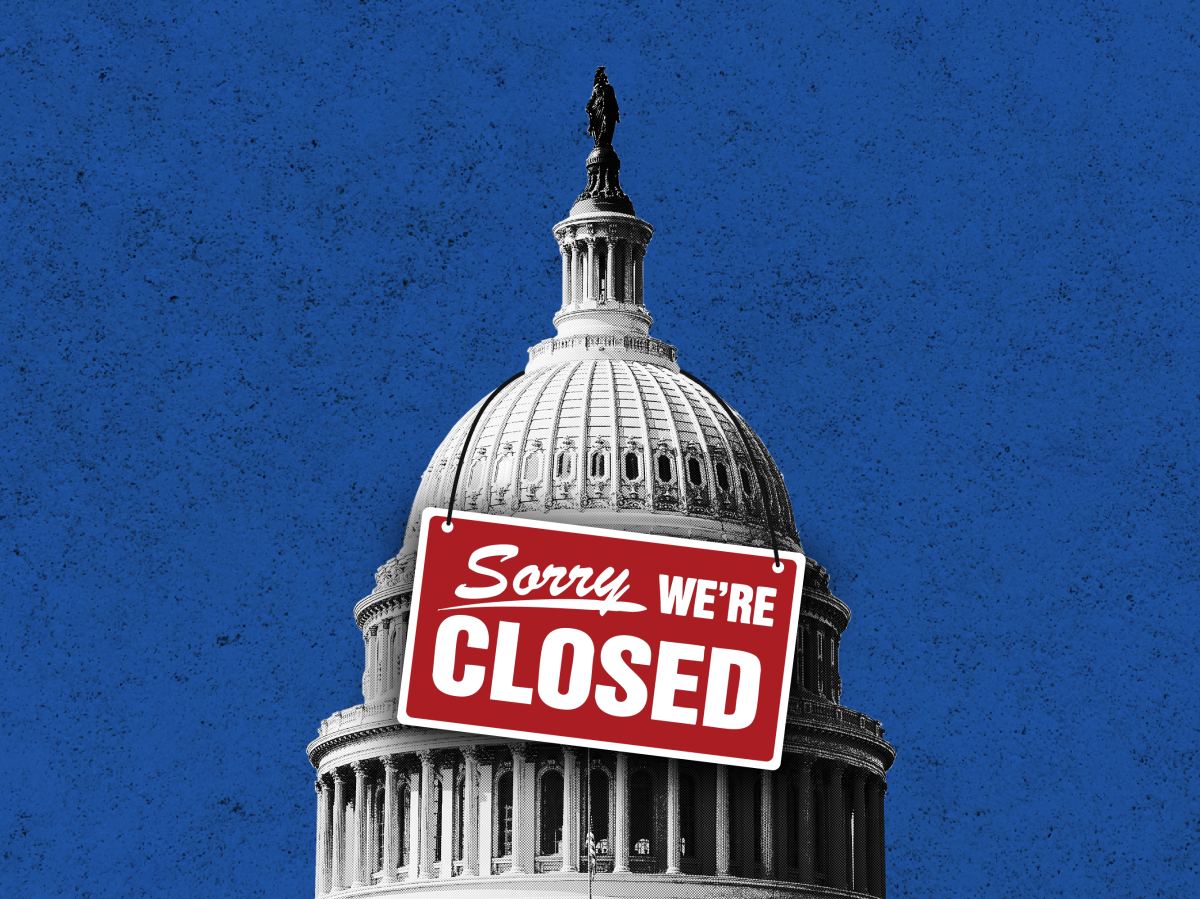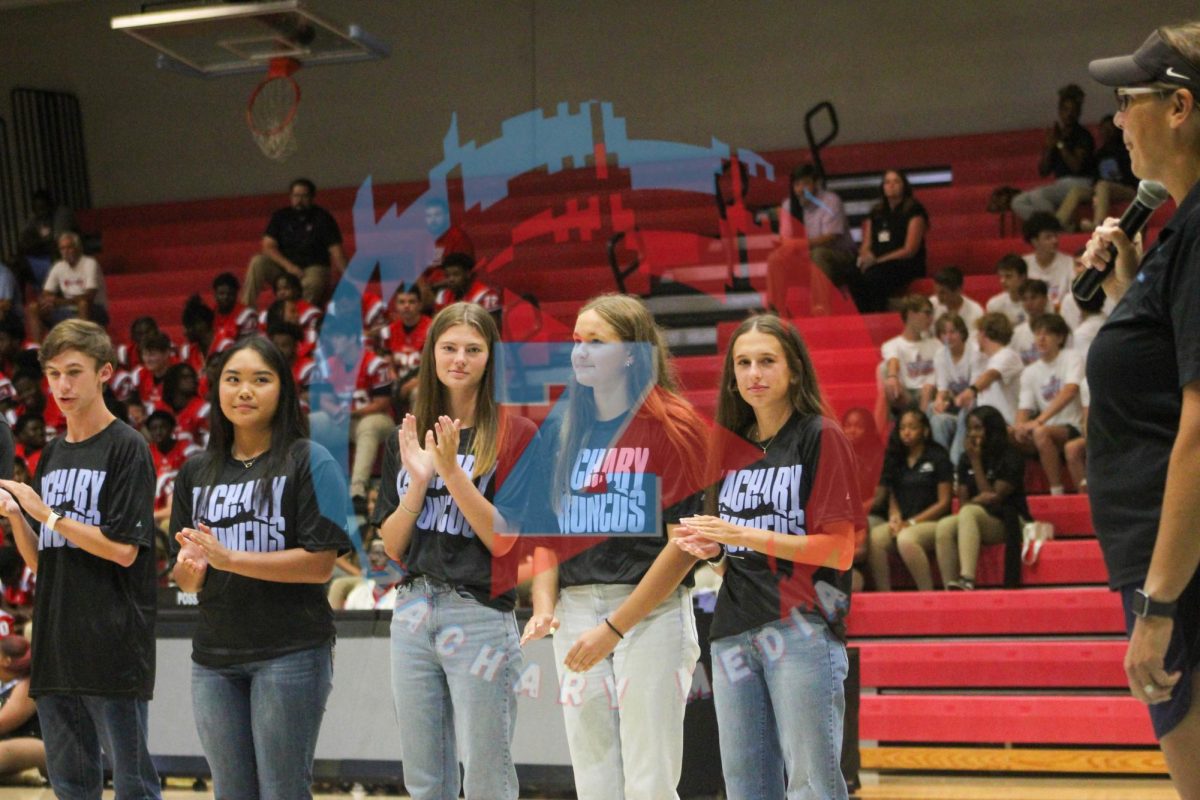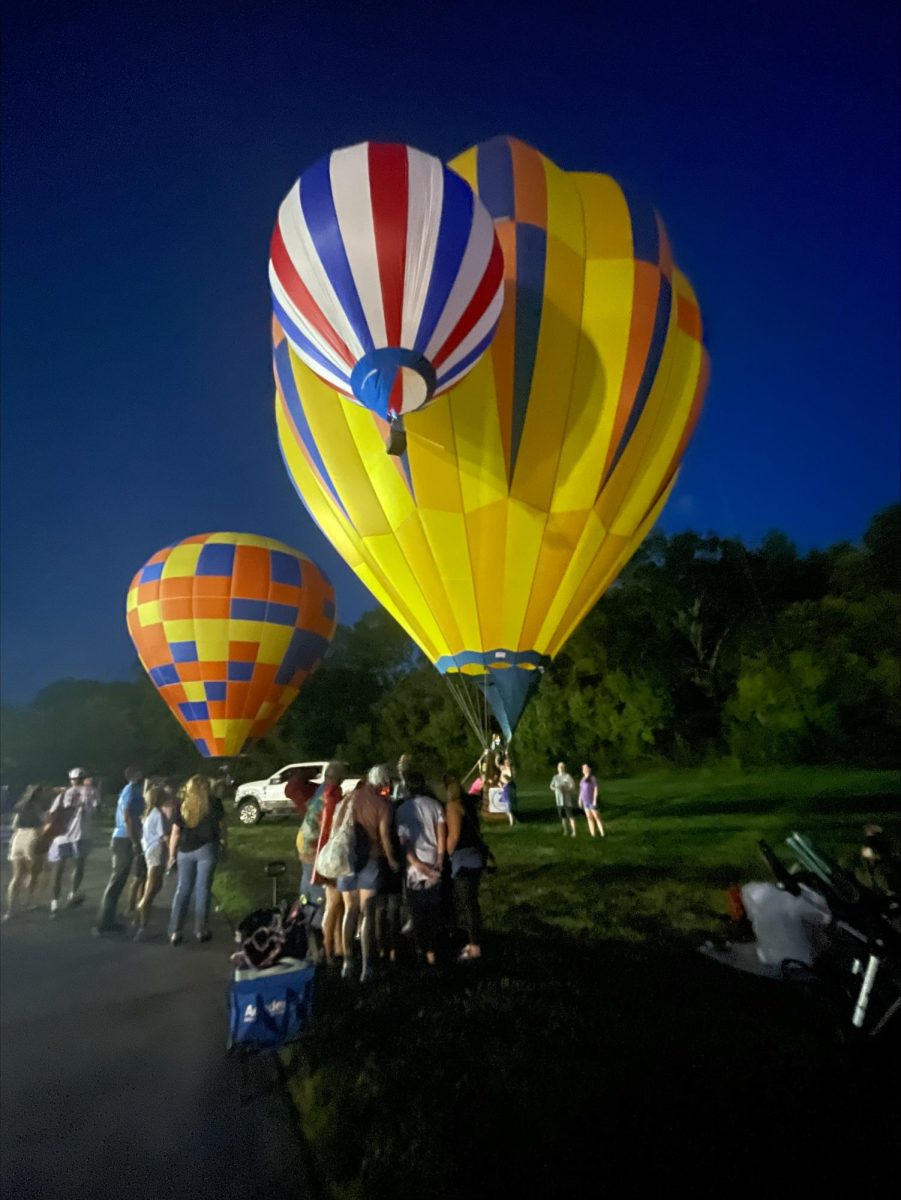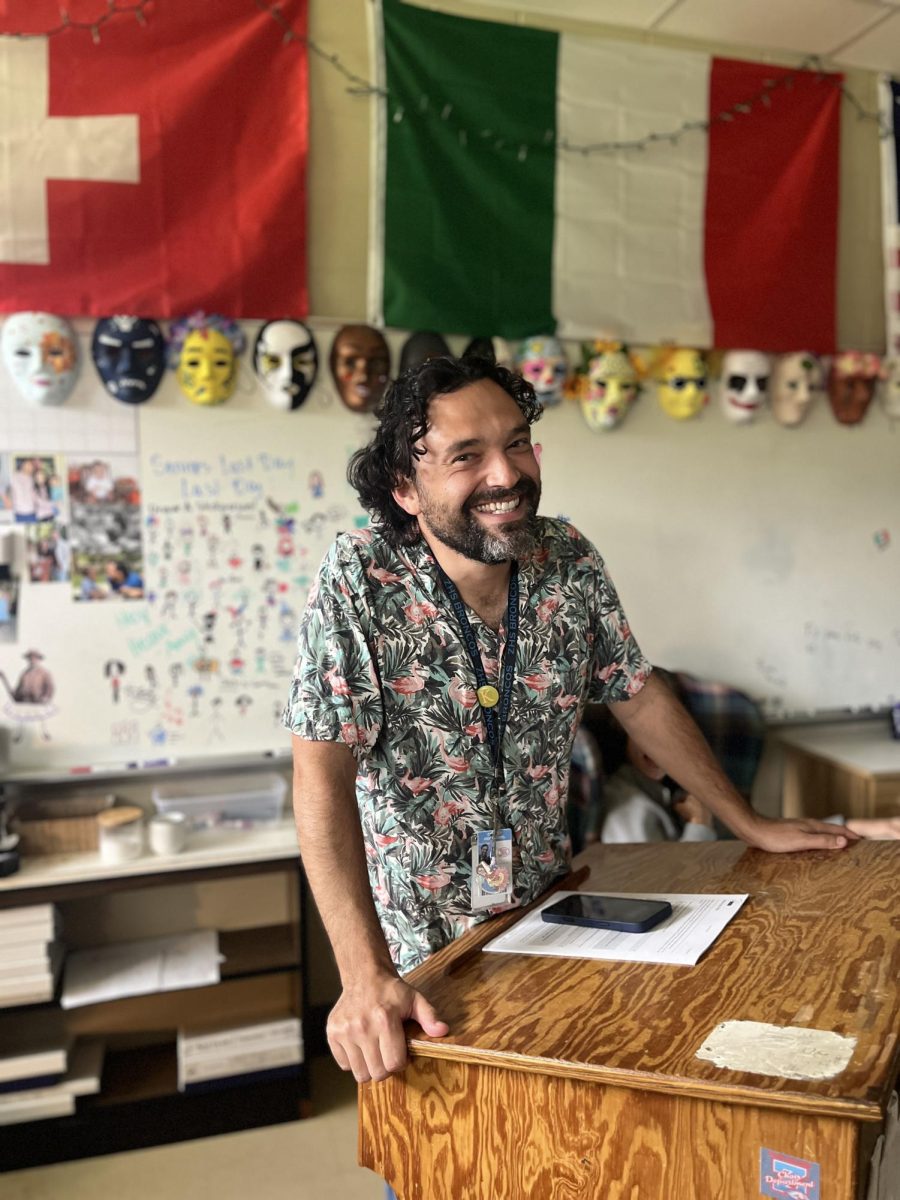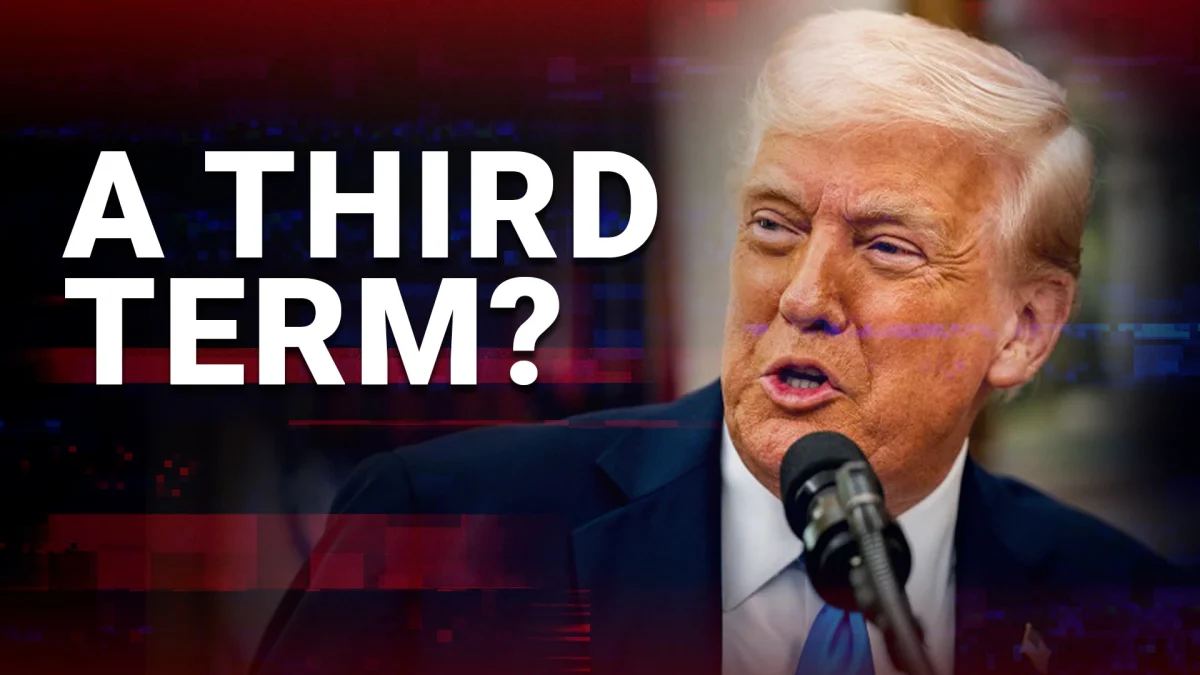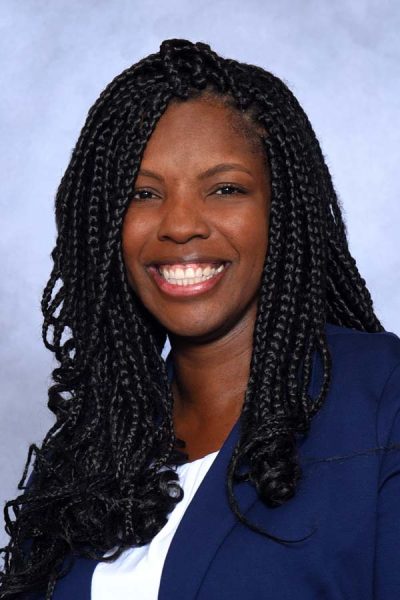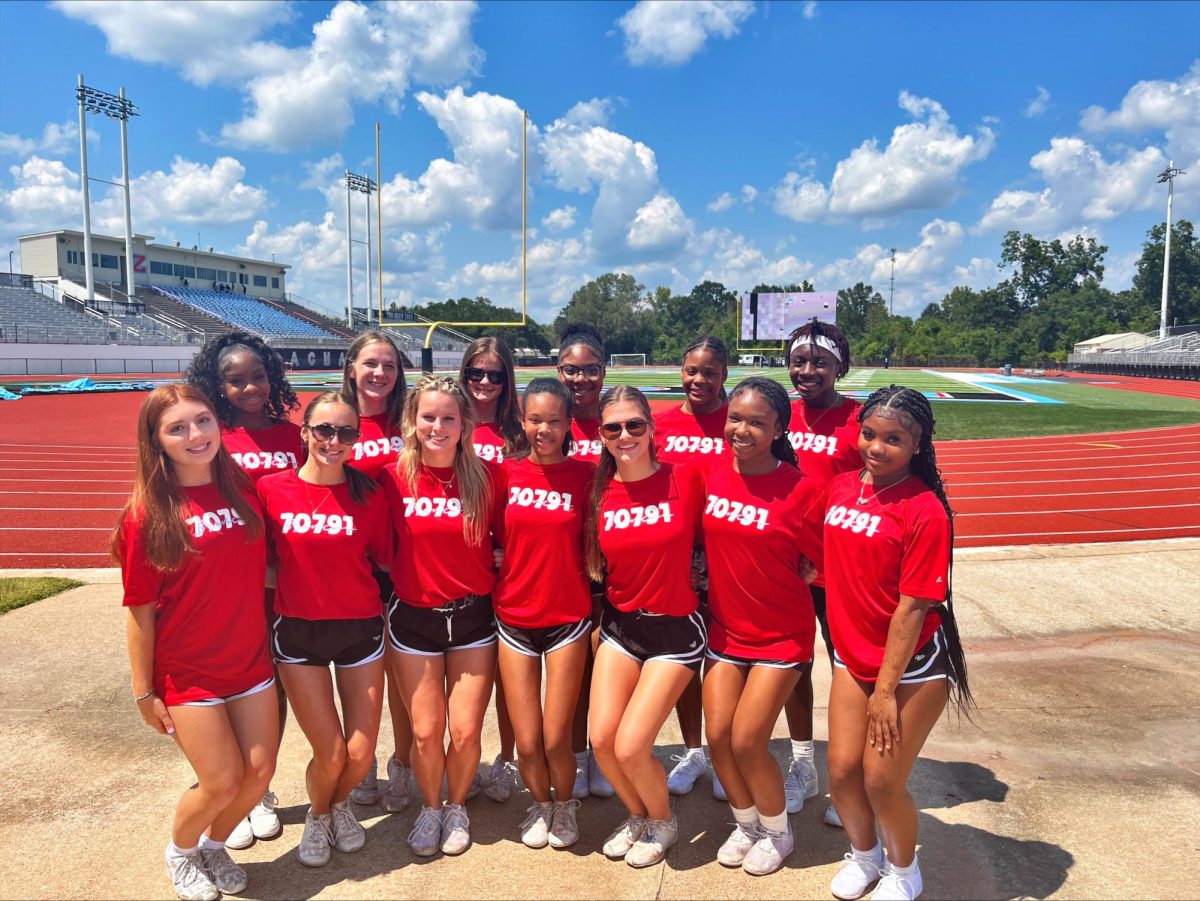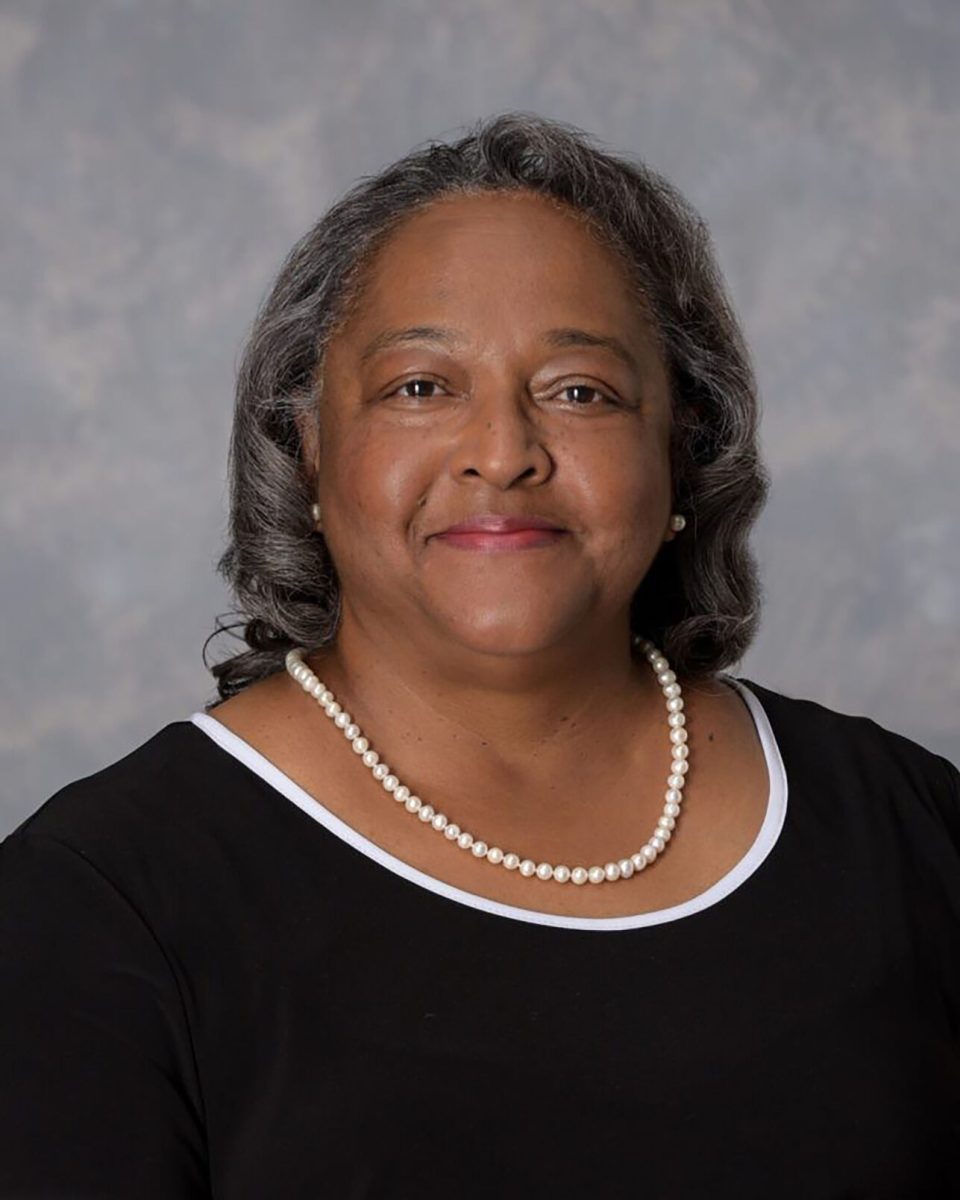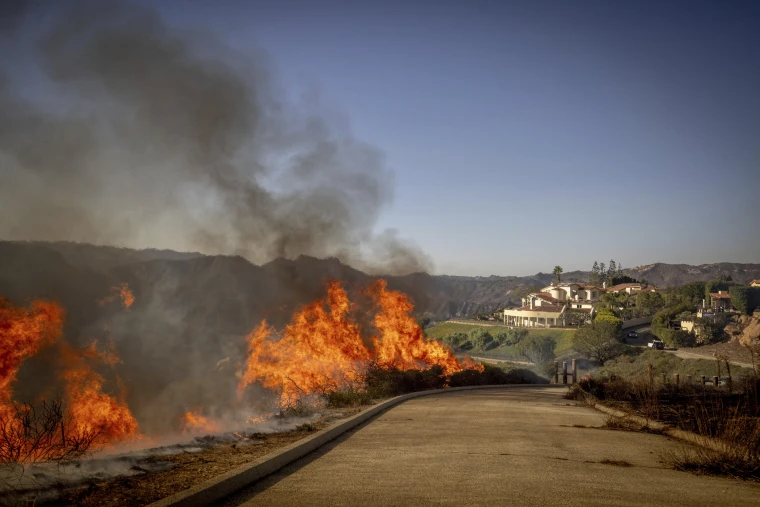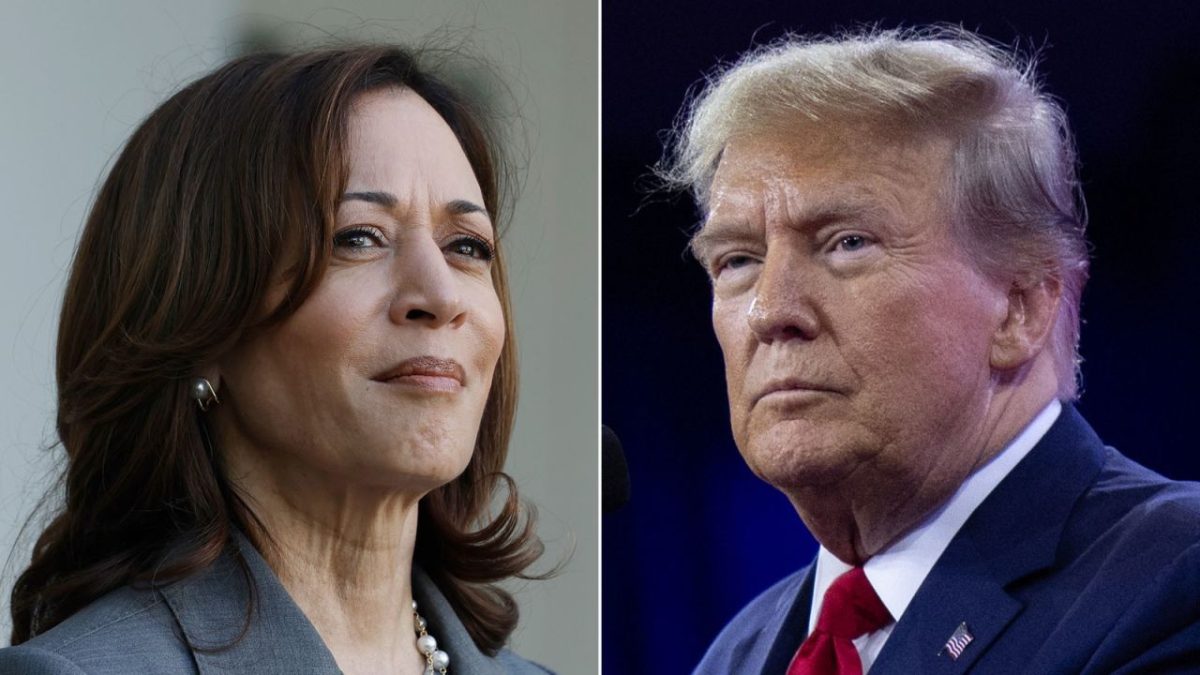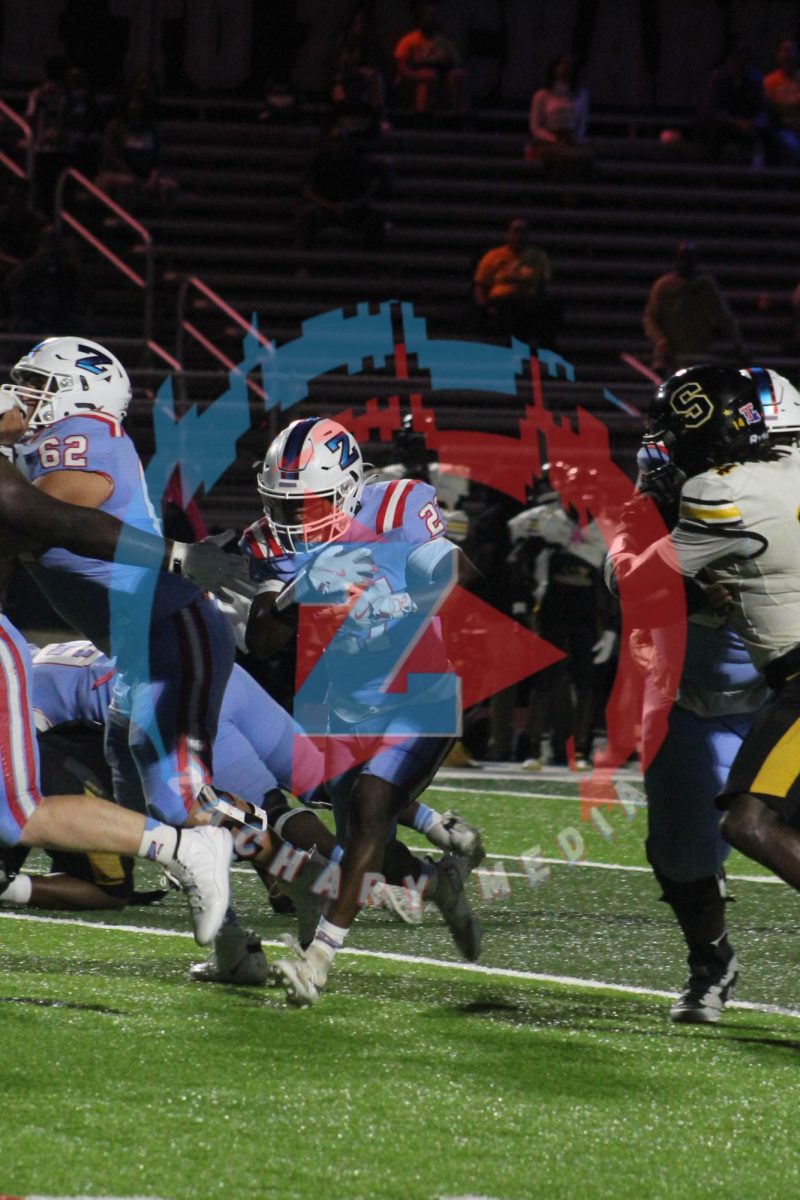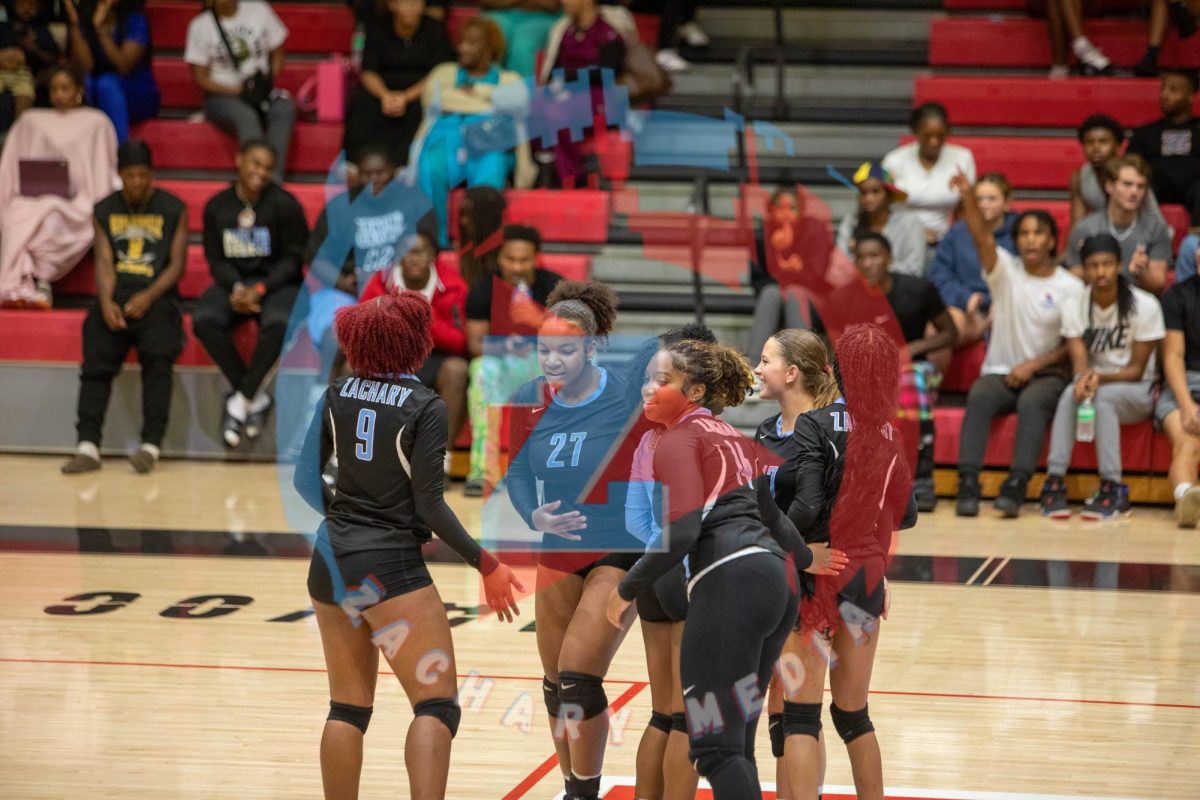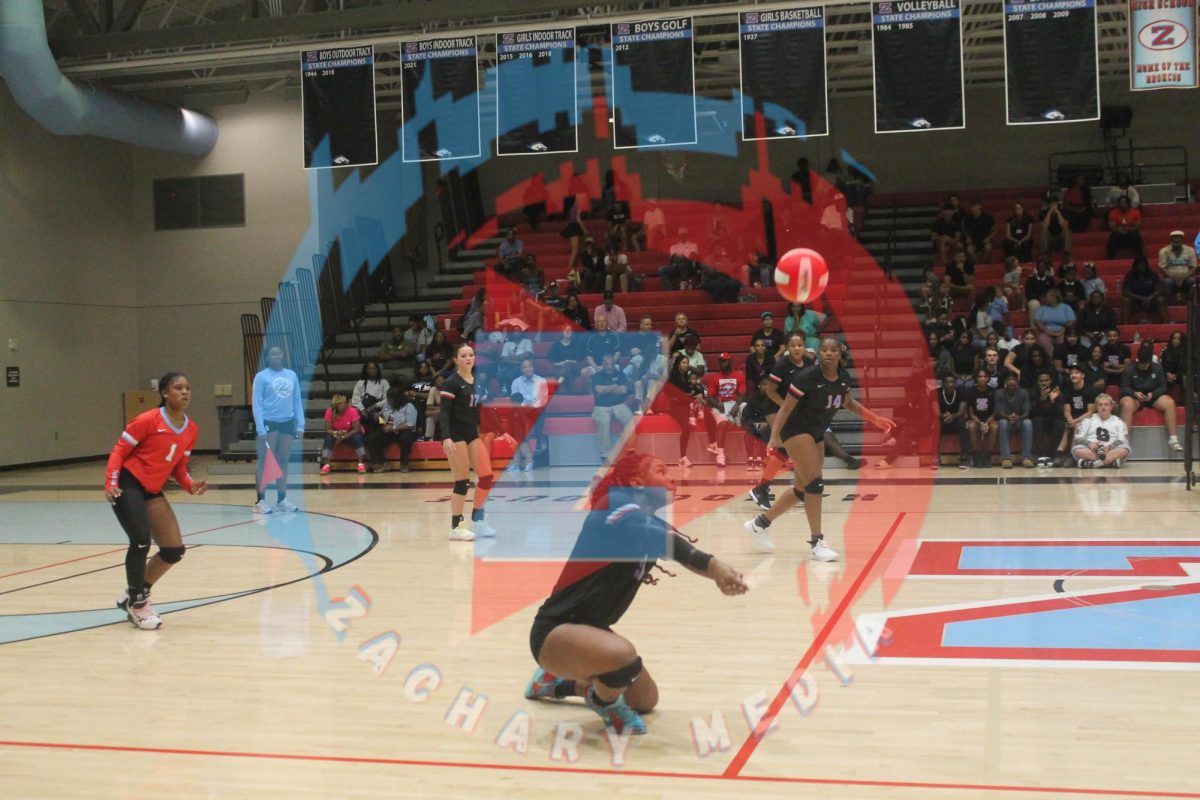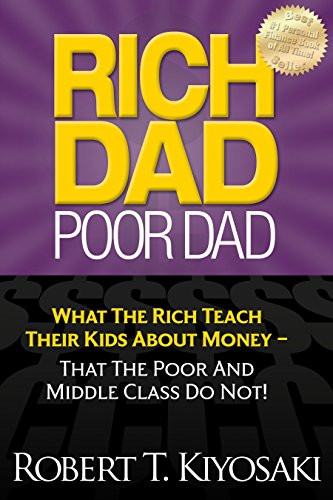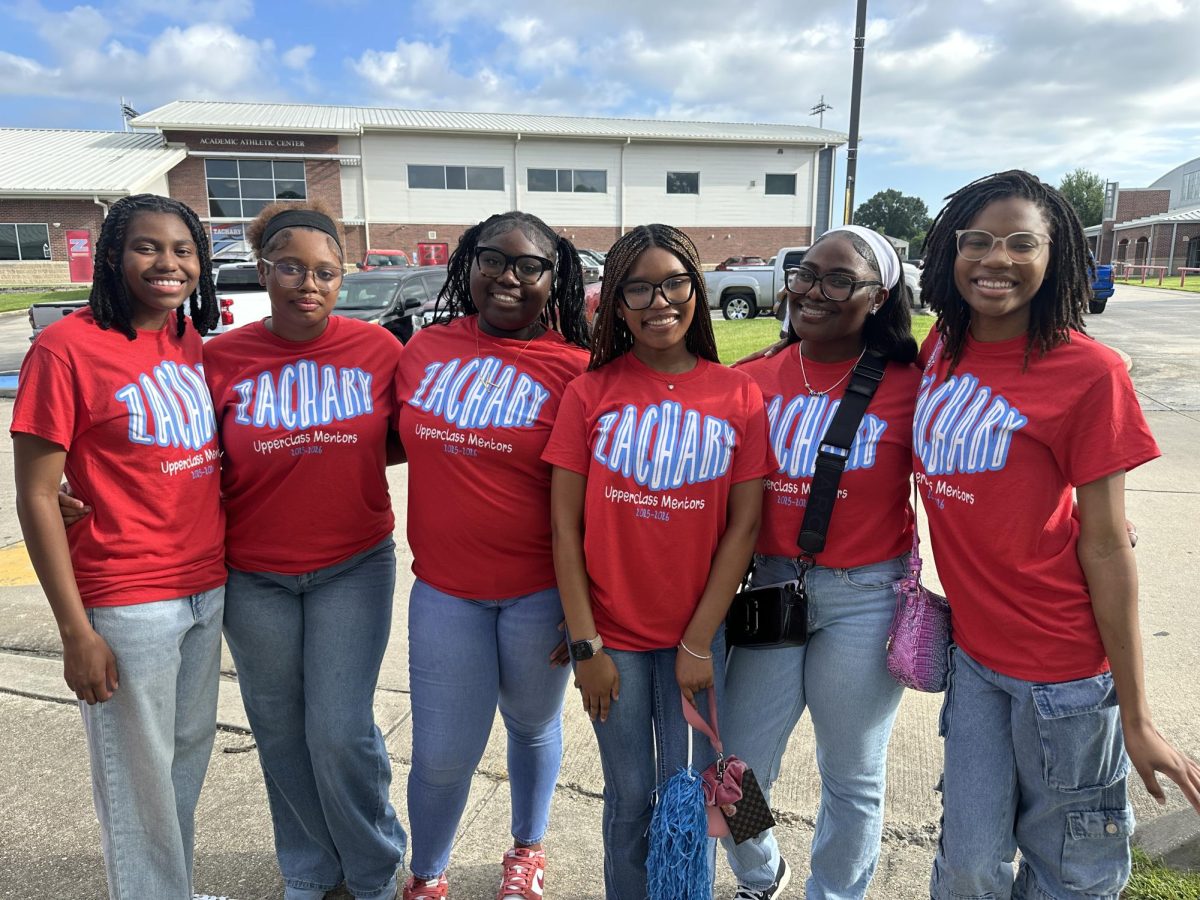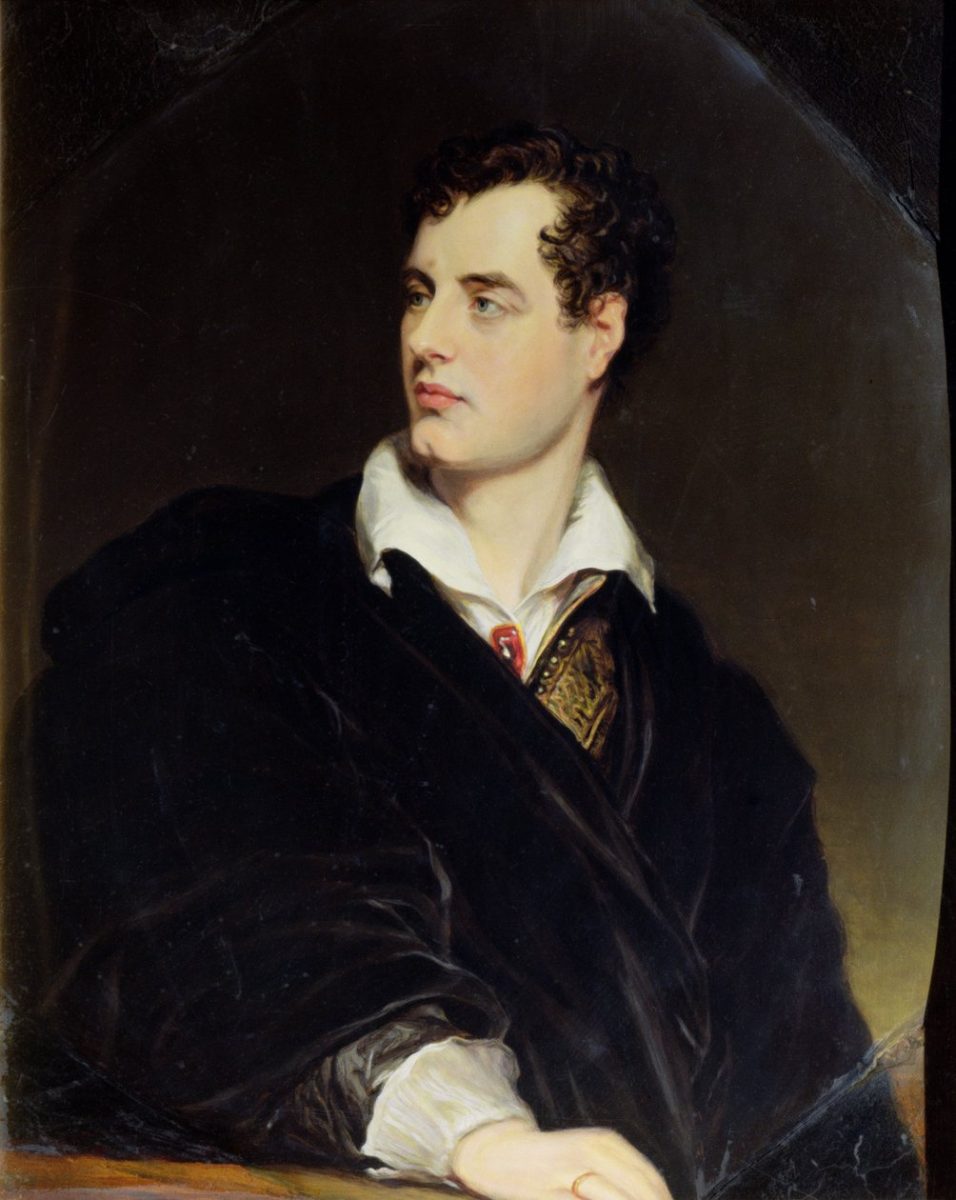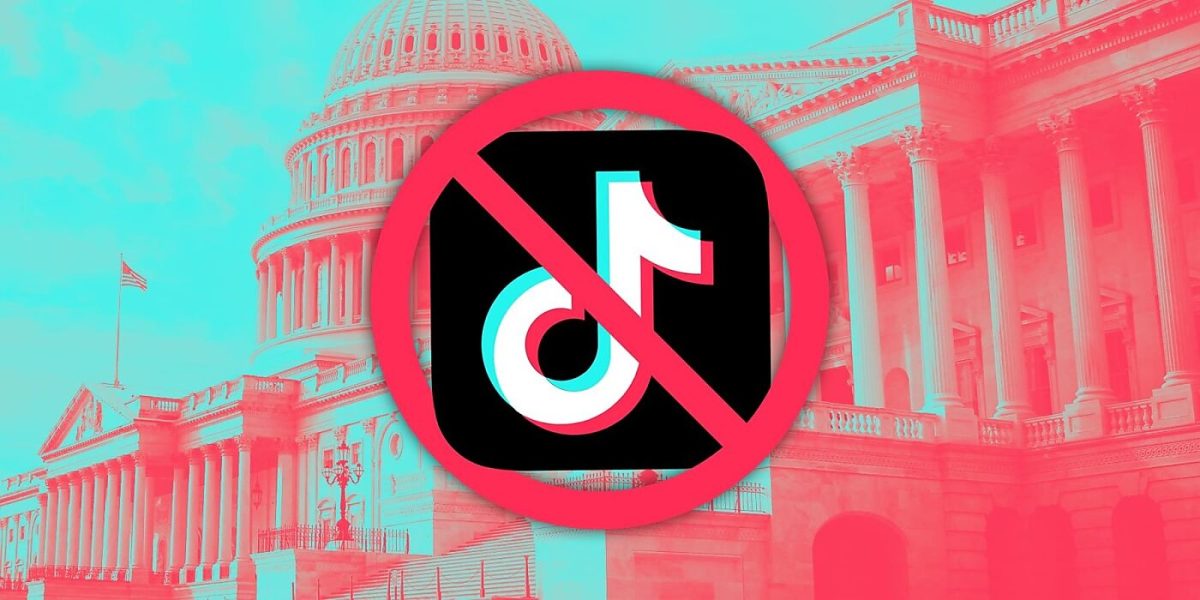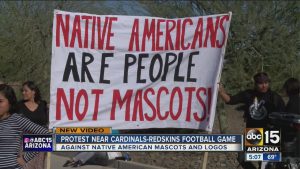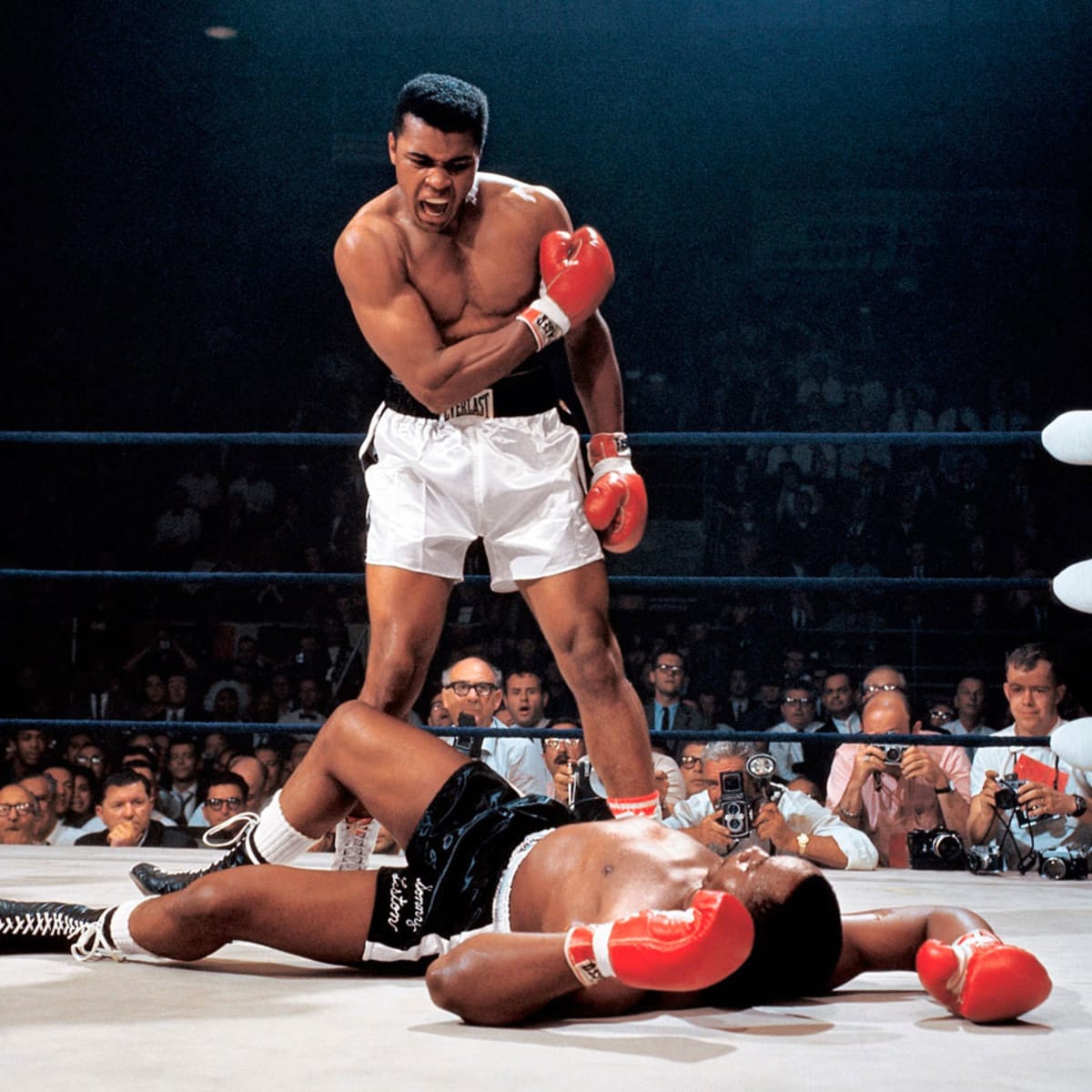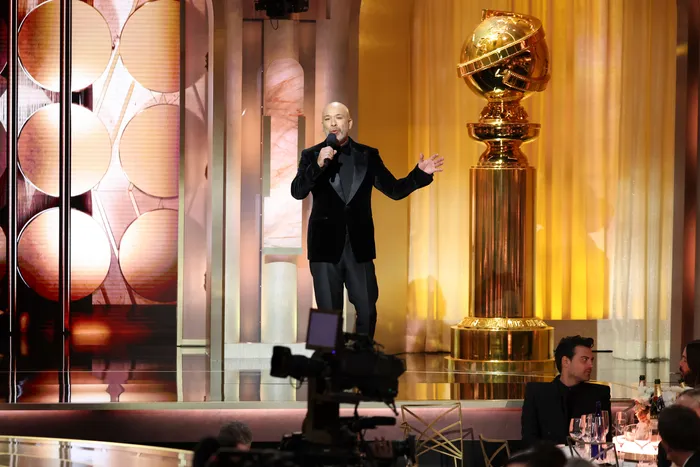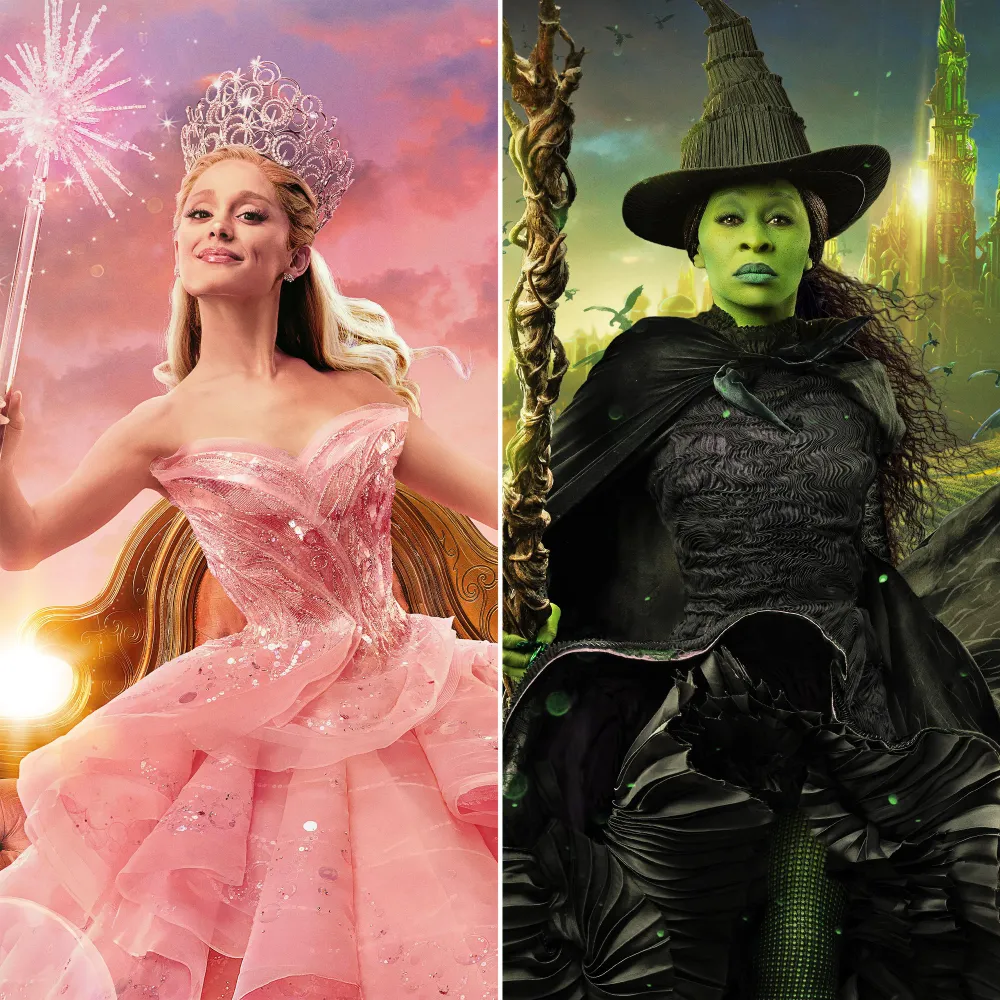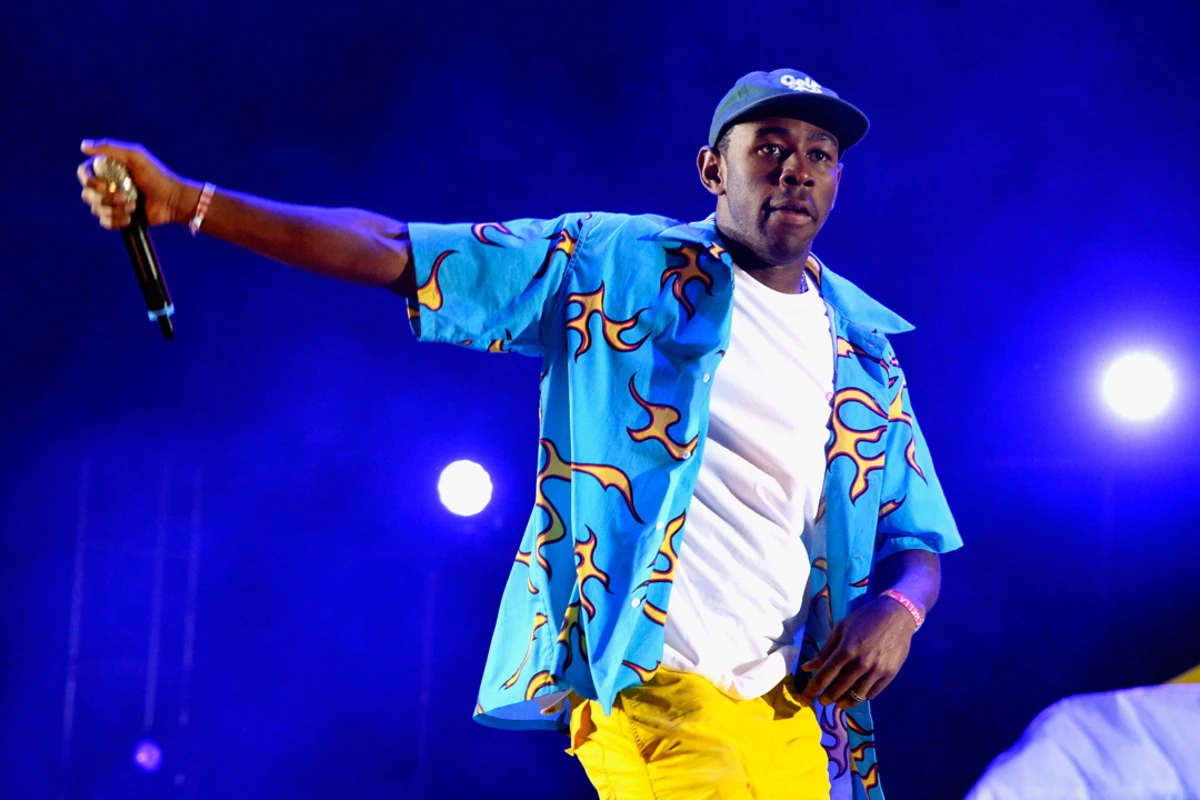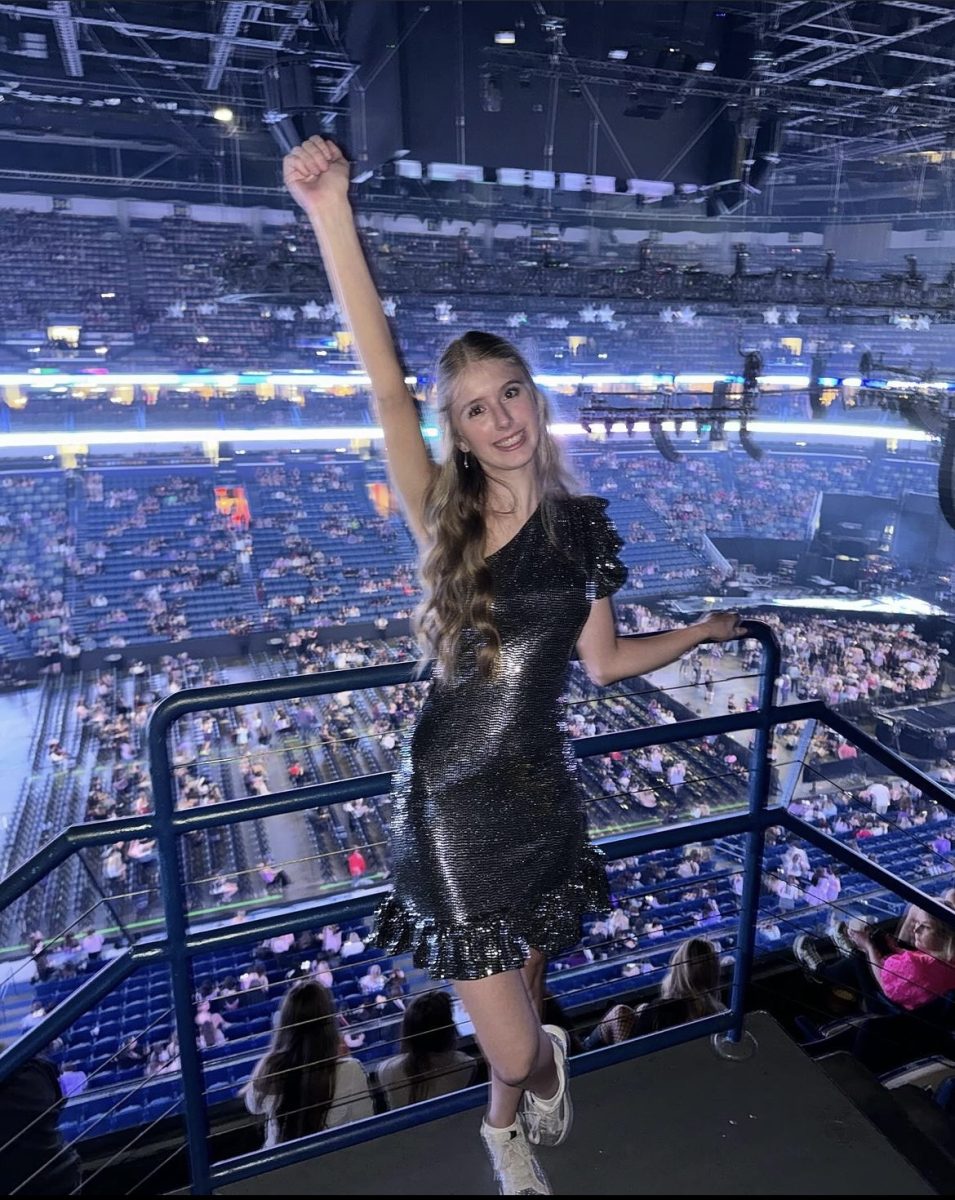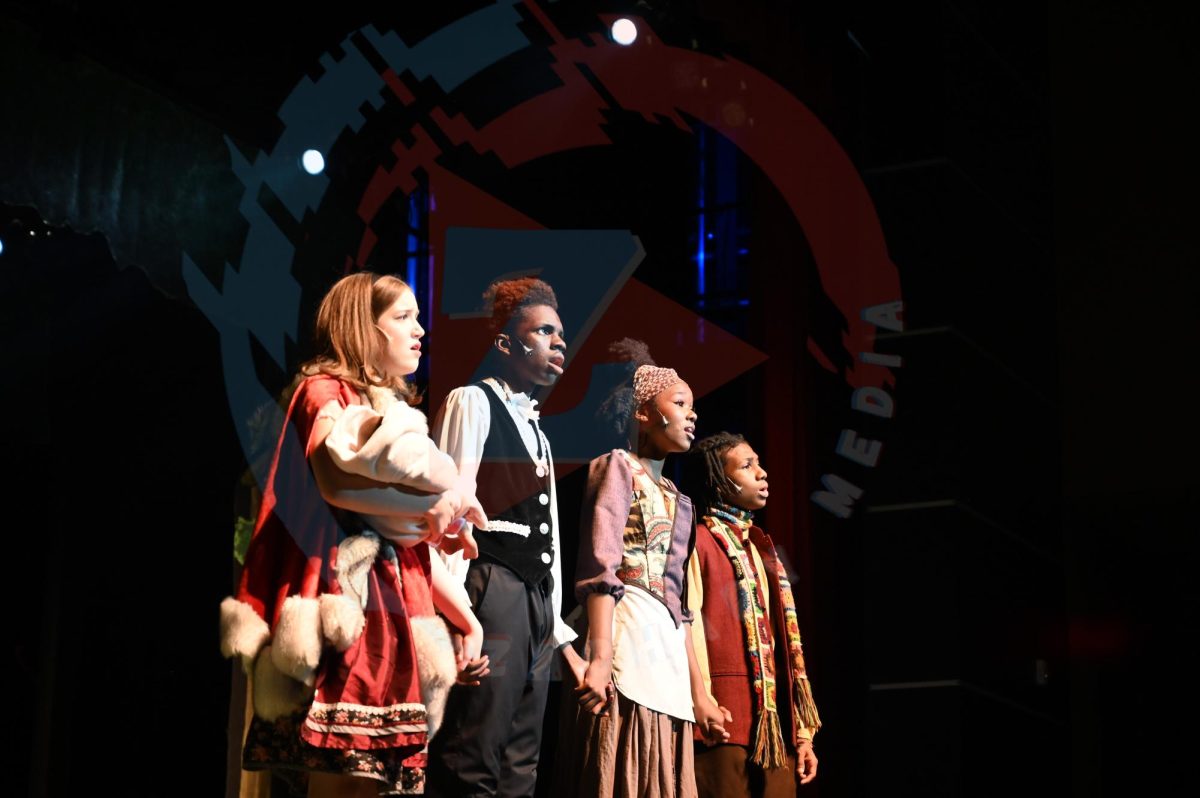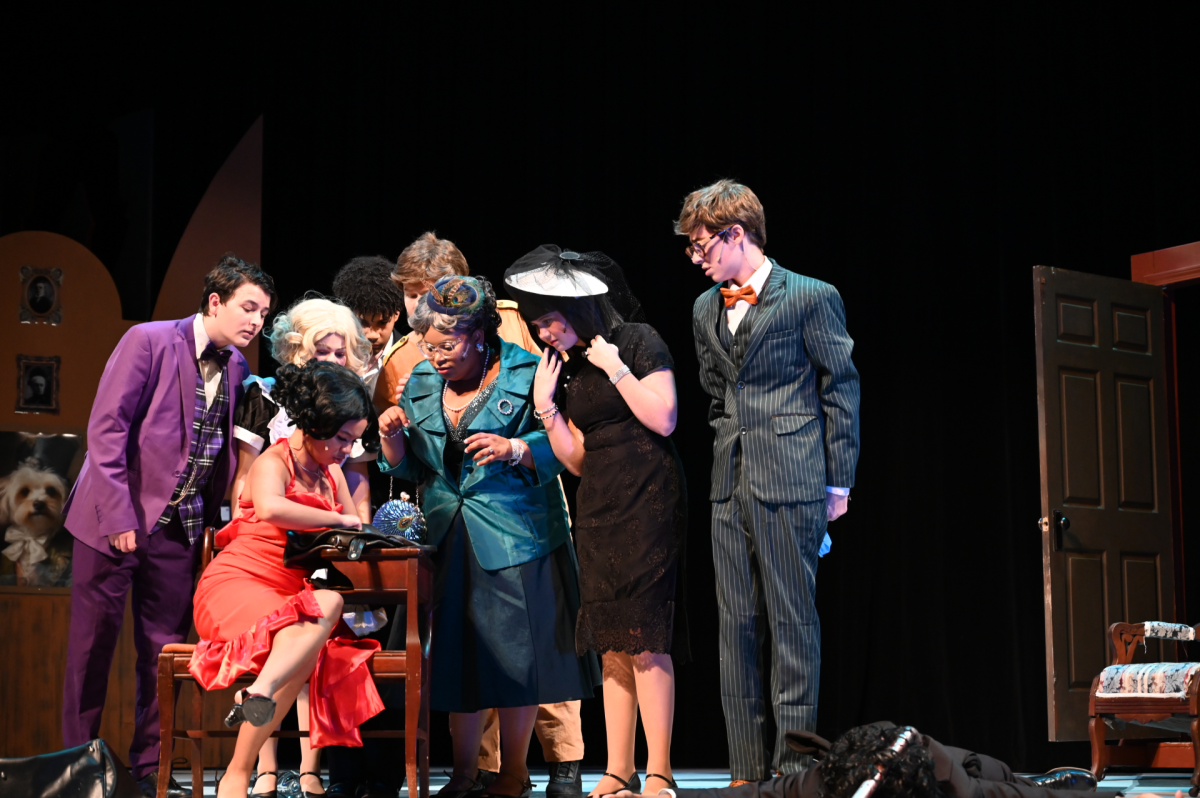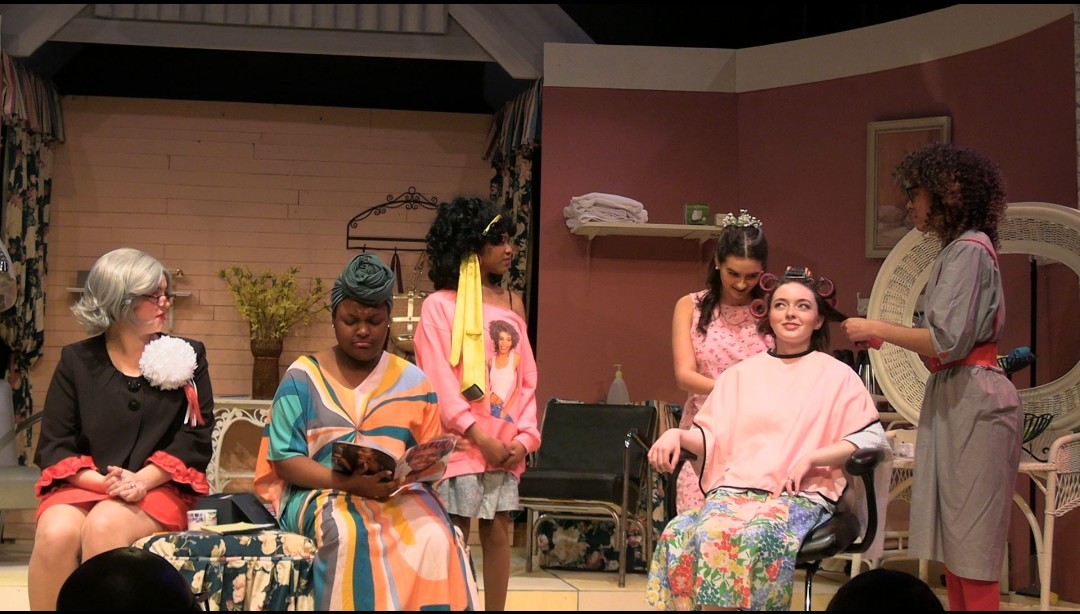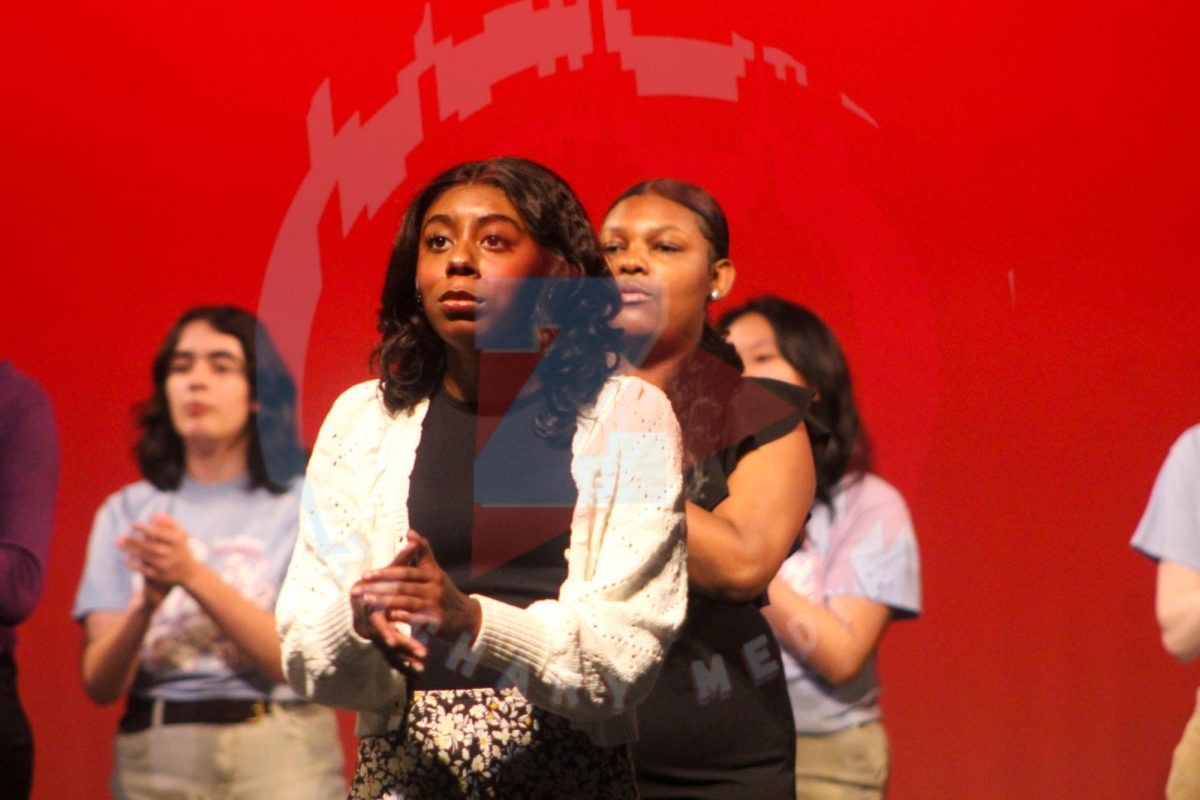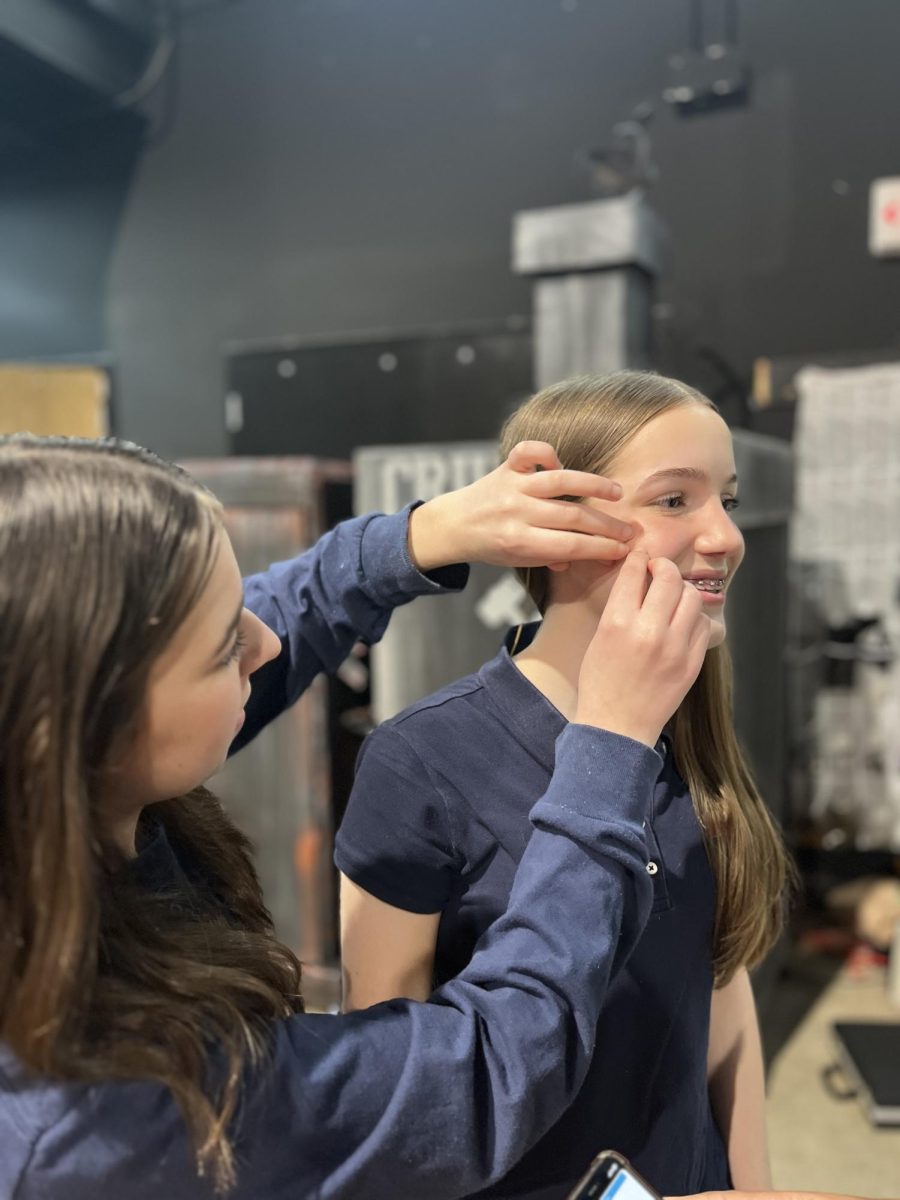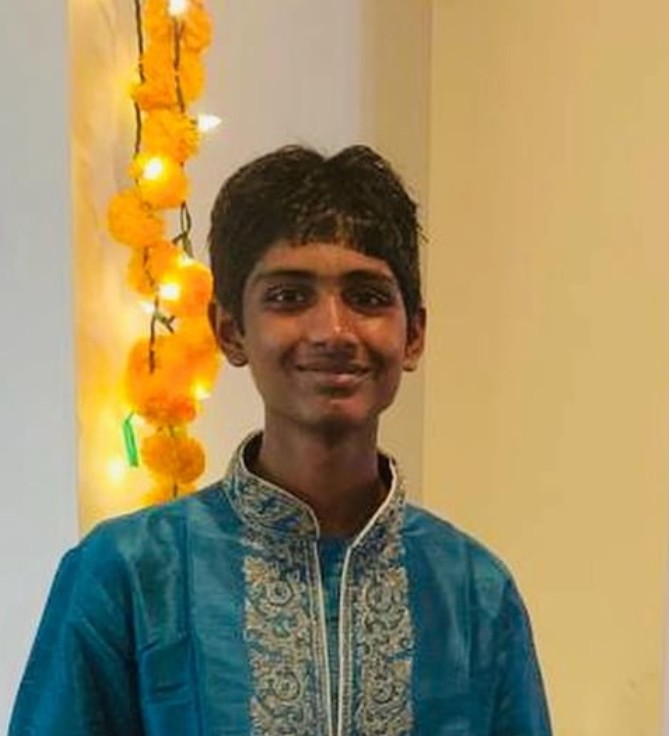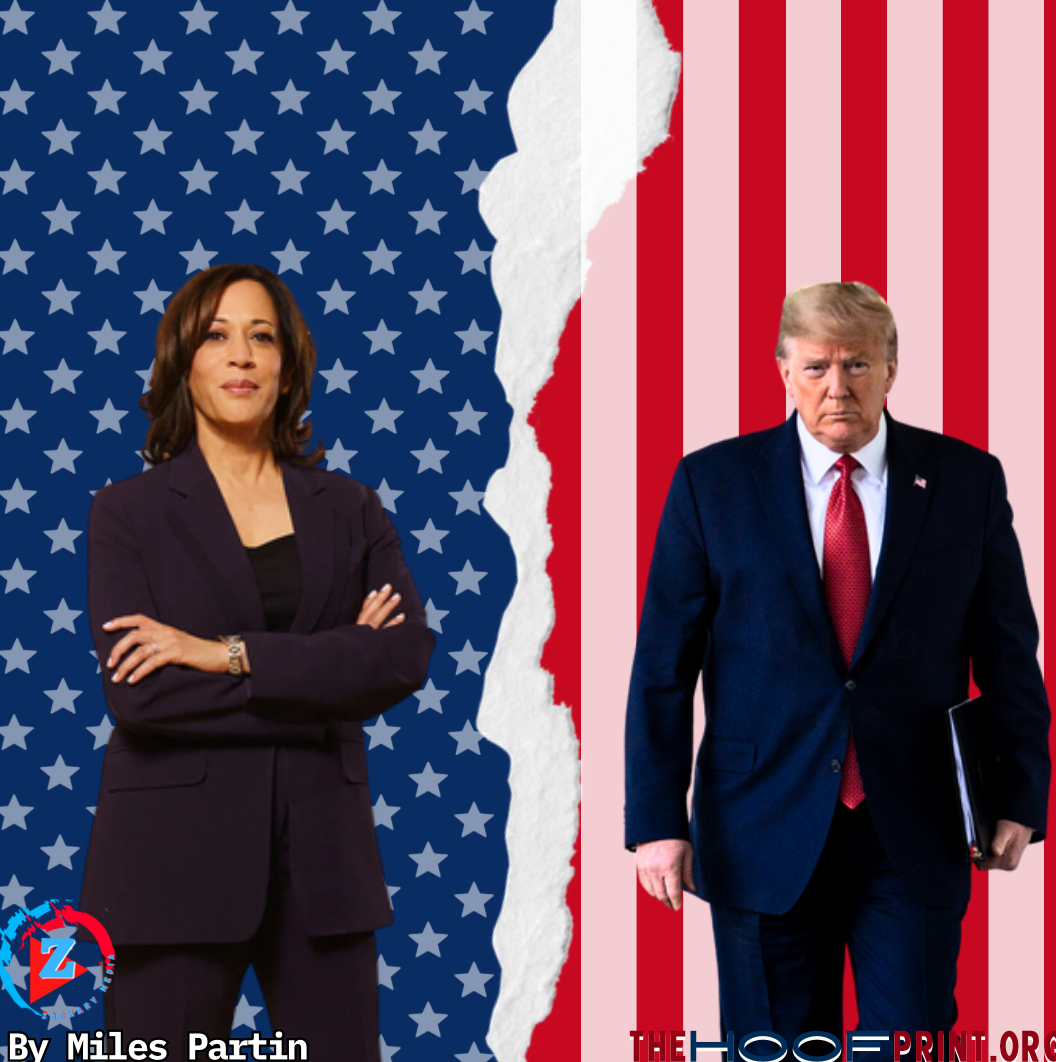When the Founding Fathers wrote the Constitution, they aimed to create a functional government that gave citizens the power to elect the president and their representatives into office. They wanted to ensure that people’s voices would always be heard. Their careful deliberation resulted in our current system of government: a representative democracy, where citizens vote to decide who will represent them in Congress and who will become president of the United States. However, a representative democracy is only effective if the majority of citizens participate. Unfortunately, that isn’t predicted to be the case in this election.
The very idea of a representative democracy depends on citizens voting. To choose officials who represent the wishes of the American people, every American must make their opinion known by voting. If citizens decide not to vote, they are not only hurting themselves by not having their opinions represented in the government but also hurting citizens in the same demographic as them, who have the same ideas, experiences, and opinions about the government. Not voting leads to certain groups being under-represented in the government.
Voters choosing not to cast their votes is caused by voter apathy, a lack of interest in participating in elections. Voter apathy can happen for various reasons, but in this election, the biggest reason seems to be uncertainty about the two candidates. Many Americans have expressed discontent with both candidates and, therefore, have decided to cancel this election.
The Associated Press reported that over 75 million registered voters chose not to in 2020. About 25% of nonvoters said that a general dislike of politics would prevent them from voting, and 20% said they didn’t like the candidates generally.
This data proves that when voters don’t support either candidate, many choose not to vote. But while this may seem like no big deal, it’s a major problem. By choosing not to vote, they allow citizens with more extreme views, who confidently support one candidate more than the other, to vote without any regulation. When only one group of Americans is voting, it creates a system where the American people are not fairly represented.
The Associated Press went on to state that of the 75 million registered voters who did not cast a vote in the last election, 35 million of them were Black, Hispanic, or Asian American. Additionally, nonvoters were generally more likely to be “young, not college educated, never married, have low household income, and be a person of color.”
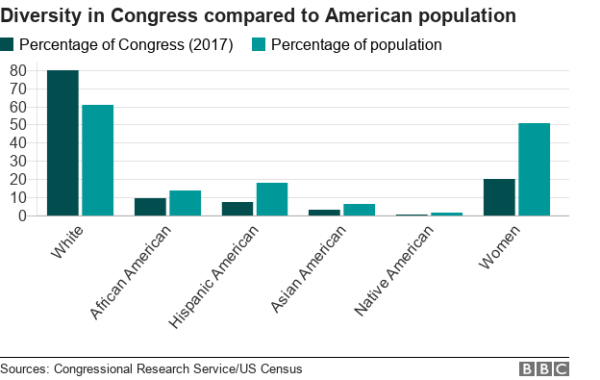
When major groups of Americans choose not to vote, the consequences are seen in the government. According to the 2020 election data, the people who decided not to vote are those who the government routinely underrepresents. Perhaps this further contributes to voter apathy for these groups. Either way, it is essential that these demographics have their voices heard in the government, and they aren’t being listened to right now.
Especially with the circumstances of the upcoming election, it is vital that every registered voter cast their vote. The primary candidates of this election, Donald Trump (Republican) and Kamala Harris (Democrat), have wildly opposing views and policies. Trump plans to benefit the rich with major tax cuts, drastically increase tariffs to encourage American economic growth, deport illegal immigrants, tighten border control, and end U.S. involvement in Ukraine. On the other hand, Harris plans to raise taxes on the rich, lower taxes on middle- and lower-class Americans, pass legislation to protect women’s reproductive rights, regulate guns, continue to support Ukraine, and encourage a pull out of Gaza.
These two candidates are nearly polar opposites, so it is essential for Americans to vote. The country’s fate will drastically change depending on which candidate is elected. For that change to truly represent the American people, every American can vote and voice their opinions to inspire change in the government.

